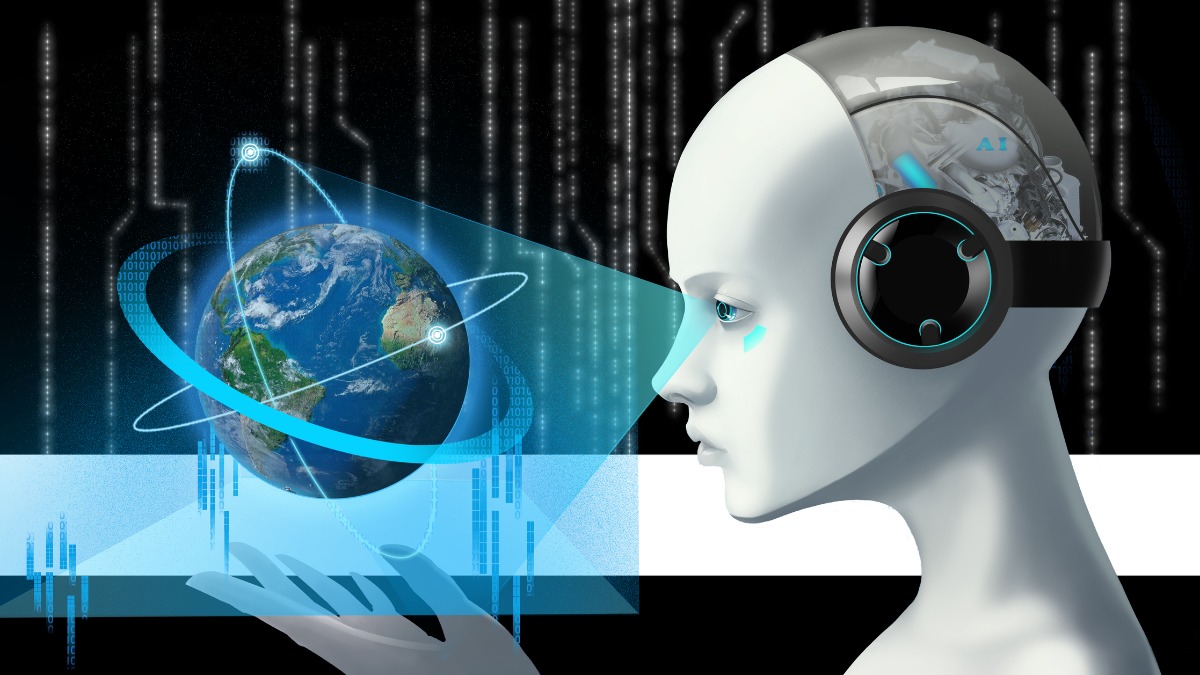Straker to benefit as global economic pressures drive demand for AI translation

Straker is leveraging AI to make translations and verification more accessible. Image: Getty.
- Valuations for private companies like DeepL and Keywords Studios are soaring as demand for cost-effective translation solutions increases.
- ASX-listed Straker is leveraging AI to make translations and verification more accessible and cost-effective, aiming to capture a significant share of the $70 billion translation industry.
- CEO Grant Straker predicts that “80 to 90% of the industry will be AI-based translations” in the near future.
Special Report: The landscape of the translation industry is undergoing a profound transformation, driven by the rapid advancements in artificial intelligence (AI). At the forefront of this revolution is pioneering AI-powered translation company Straker (ASX:STG), the only AI translation services company listed on the Australian Stock Exchange.
Economic pressures on companies worldwide are driving demand for more cost-effective translation solutions, boosting valuations for private companies like DeepL and potentially benefiting public companies like Straker. DeepL, for instance, recently raised $300 million at a $2 billion valuation, doubling its valuation from 18 months ago. Similarly, Straker’s UK listed peer, Keyword Studios, just received a £2 billion takeover bid from private equity group EQT, highlighting the growing investor confidence in AI-driven translation solutions.
Co-founder and CEO Grant Straker shared his vision for the future of AI-enabled translation services, highlighting the dynamic nature of the industry and its significant growth potential. Straker specialises in the $70 billion translation industry and is poised to leverage AI to make translations more accessible and cost-effective for customers.
“The development of AI has been hugely important in the translation industry,” said Straker. “Google Translate is probably the first time that somebody’s knowingly interacted with AI en masse.”
The shift towards AI-driven translation is expected to accelerate rapidly. Straker predicts that “80 to 90% of the industry will be AI-based translations”.
“I think it will be a very rapid acceleration of adoption of that AI technology, particularly as it matures at speed like it is now.”
This technological evolution extends beyond simple text translation to localisation, making content more relevant and contextual for specific markets. Straker explained: “Translation is to translate from one language to another in text, and localisation is to take that content and to localise it and to make it more relevant and contextual for the market that it’s going into.”
This nuanced approach ensures that translated content resonates more effectively with the target audience.
Straker’s vision includes a significant shift in the role of human translators, moving from post-editing machine translations to verification roles. AI quality assessment tools score translations and determine if human intervention is necessary, streamlining the process and enhancing efficiency.
The company’s journey began with a content management solution for Tourism New Zealand, which required multiple languages. Recognising the need for automation in translation processes, Straker embraced the potential of AI.
“We could see a need for a way to actually automate the process of the translation in and out of the content management system. At the same time, Google Translate had come along, so we went, right, this is the time when you should start using machines and humans together,” Straker recalled, a process known as ‘human in the loop’.
The economic pressures on companies worldwide, however, are changing customer appetite.
“Every sector is looking for translation services at the moment,” Straker observed. “In a world where there are economic pressures on many companies, and they’re looking for more effective ways to translate. Many people can see they could use a chat GPT and see the French, or the Spanish, and go, actually, that’s pretty good. Why are we paying all of this money for a traditional translation process? Isn’t there a better way to do it with AI?”
Straker Translations is positioning itself to cater to various industries by integrating AI-driven translation services into platforms like FoxIT.
“We see an opportunity to push our Verification Engine as a plugin into these platforms. They can then use it to get human-quality, expert translations when they need it. That is quite a different shift, and wasn’t something that was possible 24 months ago,” Straker explained.
The company is already working with Slack and MS Teams after a long process of technical validation.
Straker highlighted recent significant investor interest in the AI-driven translation industry, citing examples like DeepL and Keyword Studios. “Privately held DeepL recently raised $300 million at a $2 billion valuation, and that’s double the valuation of its last capital raise about 18 months ago. Another of our competitors, Keyword Studios, received a £2 billion takeover bid in May, 100% higher than its last trading price. This highlights the disconnect between how public and private investors see the opportunity in the AI-driven translation and localisation space,” Straker said.
Looking ahead, Straker Translations is focused on releasing new products and embedding them with new customers, driving growth and enabling businesses to communicate more effectively.
“Our focus is around helping businesses communicate. But by doing that, we enable businesses to flourish and to actually do more languages. So the cheaper we make it, the easier we make it to do this, the more chance there is that people that want to sell their goods globally, or communicate globally, or get a message out globally, can do it, not just to one or two languages, but to 100 if they want to,” Straker concluded.
This article was developed in collaboration with Straker, a Stockhead advertiser at the time of publishing.
This article does not constitute financial product advice. You should consider obtaining independent advice before making any financial decisions.
Related Topics
UNLOCK INSIGHTS
Discover the untold stories of emerging ASX stocks.
Daily news and expert analysis, it's free to subscribe.
By proceeding, you confirm you understand that we handle personal information in accordance with our Privacy Policy.








